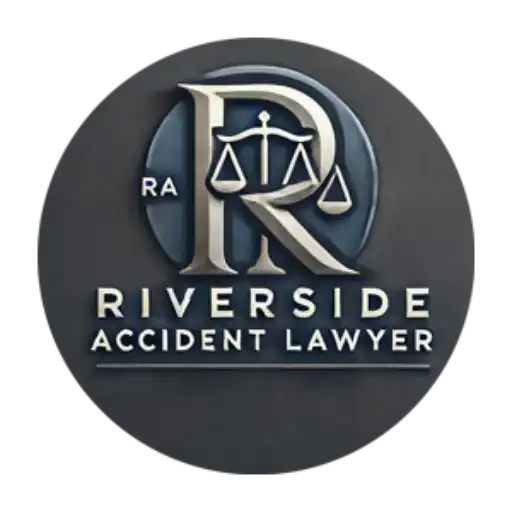You’ve just been in a car accident — and now your phone is ringing. It’s the insurance company.
Should you talk to them? What should you say? What if they twist your words?
If you’re asking yourself whether or not to talk to the insurance company after an accident, this guide will help you protect your rights, avoid mistakes, and make smart legal moves.
1. You’re Not Required to Speak Immediately
After an accident, both your insurance provider and the other party’s insurer may try to contact you. While you do have a duty to notify your own insurance, you’re not legally required to speak to the other party’s insurance company.
If you do, anything you say can be used to lower or deny your claim.
2. Insurance Adjusters Are Not on Your Side
The insurance adjuster’s job is to save the company money. They may seem friendly, but they’re trained to:
- Get you to admit partial fault
- Downplay your injuries
- Pressure you into a quick, low settlement
- Record statements that could be used against you
👎 Saying things like “I’m okay” or “I didn’t see them coming” can severely hurt your case.
3. What You Should Do After the Accident
Here are your first steps before talking to any insurer:
- Get medical attention — even if injuries seem minor
- Document the accident with photos and witness info
- Report the accident to your own insurance company
- Avoid discussing fault
- Contact a personal injury attorney for advice
4. When Should You Talk to the Insurance Company?
✅ You should talk to your insurance company — but be cautious and only provide:
- Basic facts (date, location, vehicles involved)
- Confirmation of police report filing
- Information about property damage
❌ You should avoid talking to the other driver’s insurance company until you’ve consulted with a lawyer. If you must speak:
- Ask to reschedule after legal consultation
- Never give a recorded statement without legal advice
- Avoid discussing injuries or accepting blame
5. Common Insurance Tactics to Watch Out For
- Quick settlement offers: They may offer cash before you know the full extent of your injuries.
- Recorded statement requests: These can be used to twist your words.
- Asking for medical authorization: Don’t give blanket access to your medical history.
- Denying or delaying claims: A tactic to frustrate you into accepting less.
➡️ California Department of Insurance – Know Your Rights
6. The Role of a Car Accident Attorney
A car accident lawyer can speak to insurers on your behalf, making sure:
- You don’t accidentally hurt your claim
- You get full compensation for damages and injuries
- You aren’t manipulated by the insurance company
➡️ Contact a Riverside Accident Lawyer to get a free consultation before speaking to insurers.
7. What If You Already Spoke to the Insurance Company?
<p”>Don’t panic. A lawyer can still help. If you’ve already provided a statement or accepted a low settlement, there may still be legal options available — especially if you weren’t informed about your rights.
Final Thoughts
Knowing whether to talk to the insurance company after an accident is crucial for protecting your case. When in doubt, say little and speak with a lawyer first. The wrong words can cost you thousands — or even your entire claim.

